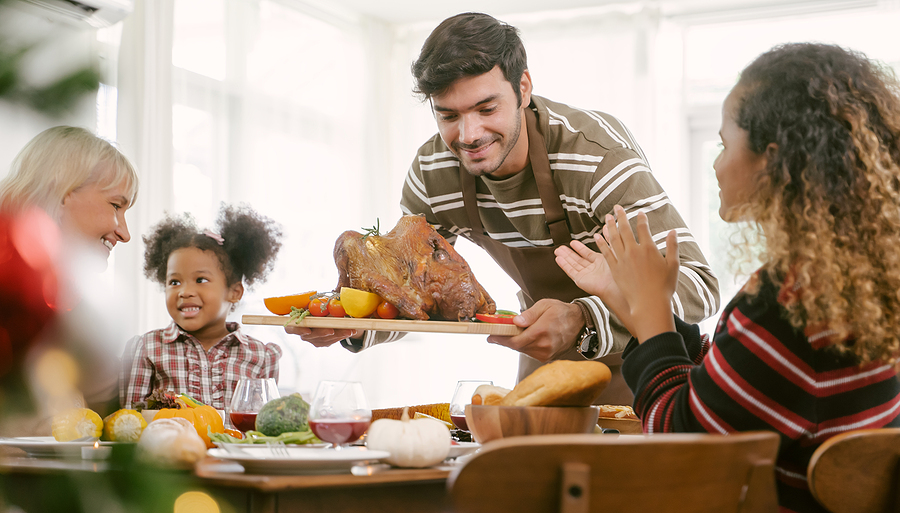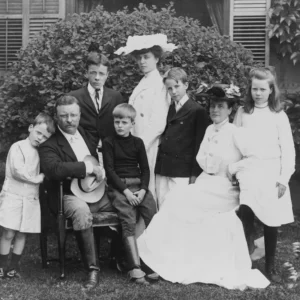Thanksgiving Quiz: Turkey Day 1923

Thanksgiving is marked by tradition. And yet the way we celebrate has changed over the past century. What’s different today from 100 years ago, Thanksgiving 1923? Find out with this short, fun quiz.
1. This year, Thanksgiving is on November 23. What was the date in 1923?
A: November 14
B: November 22
C: November 23
D: November 29
Answer: D. The fourth Thursday in November wasn’t the established date for the federal holiday until 1941. Before that, each president chose the date and issued a Thanksgiving proclamation. President Calvin Coolidge picked the fifth Thursday in November 1923.
2. Americans will pay an average of $1.71 per pound for their Thanksgiving turkey this year. How much did they pay 100 years ago?
A: 23 cents a pound
B: 45 cents a pound
C: 56 cents a pound
D: 99 cents a pound
Answer: B. While 45 cents may sound cheap, turkey was far more costly a century ago. Adjusted for inflation, that 45 cents is equal to $8.10 today. By comparison, in 1923, a gallon of milk cost 35 cents; a new Chevrolet Roadster $570; and a large four-bedroom house $7,000.
3. Then, as now, sports were an important part of Thanksgiving Day festivities. What was the most popular sporting event on Thanksgiving Day in 1923?
A: Hockey matches
B: Football games
C: Boxing matches
D: Bicycle races
Answer: B. High school games began being played on Thanksgiving Day in the 1890s. By 1923, the NFL had a busy card on Nov. 29. The biggest game was the Chicago Bears 3-0 victory over the Chicago (now Arizona) Cardinals. Other games that day: Canton Bulldogs 28, Toledo Maroons 0; Green Bay Packers 19, Hammond Pros 0; and Milwaukee Badgers 16, Racine Legion 0. (All four games were shutouts!)
4. Thanksgiving in 2023 is now considered the official start of the holiday season, with Santa Claus appearing at the end of parades and Yuletide lights glowing that night. What was considered the optimal time for putting up Christmas decorations in 1923?
A. Thanksgiving week
B: Thanksgiving Day
C: The day after Thanksgiving
D: December
Answer: D. It was considered poor taste to hang decorations in November. In fact, a Christmas tradition that commenced that same year was held much later in the season than it is today. President Coolidge flipped the switch, lighting the first National Christmas Tree at 5 p.m. on December 24, 1923. (It will be held Nov. 30 this year.)
5. What time did the legendary Macy’s Thanksgiving Day Parade through the streets of New York City begin in 1923?
A: 10 a.m.
B: Noon
C: 1 p.m.
D: 3 p.m.
Answer: This is a trick question. The Macy’s Thanksgiving Day Parade didn’t begin until 1924. Philadelphia’s Thanksgiving Day Parade, launched in 1920, is the nation’s oldest.
6. This side dish makes the occasional cameo appearance on our Thanksgiving tables today, but it was a staple of many holiday menus in 1923.
A: Coconut
B: Venison
C: Oysters
D: Cabbage
Answer: C. Starting in the 19th century, Americans were crazy for oysters, particularly around the holidays. They appeared in stews, dressings, and (of course) on the half shell. Even in the Midwest, barrels of oysters were sent from the coast by rail in time for the Thanksgiving feast.







